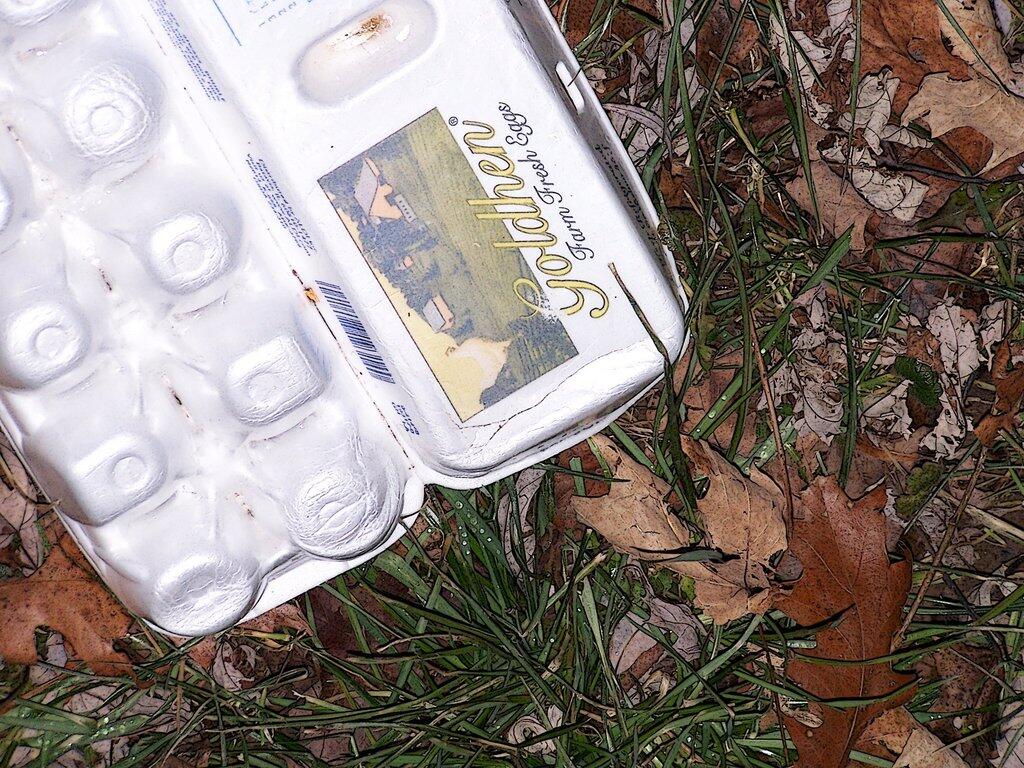Is omicron a sign that SARS-CoV-2 is evolving into a milder virus? : Goats and Soda : NPR
Goats and Soda : NPR
Just as the virus is changing and evolving, so is your immune system. At the population level, immunity to SARS-CoV-2 is growing rapidly in the United States. More than half of the U.S. population has likely been infected. After the omicron surge, that percentage could rise above 80% or 90%. And more than 60% of people are vaccinated.
Both of those types of exposures to SARS-CoV-2 will reduce a person's risk of severe disease in future surges, many studies have found. "Whether you've been previously infected or vaccinated, you're more likely to have a milder course than a person who is immune naive," Goldstein says.
And thus, over time, all future variants will likely look less severe than delta or earlier versions of the virus. "Even if the variant had no change in virulence, if the population now has a high level of existing immunity, then [the variant] will, in effect, be less virulent because the average severity of infections will go down over time," he says.
So the hope among scientists is that no matter what the virus throws at us, future waves of COVID-19 will be less deadly and less disruptive, not because the virus itself has changed but because our bodies will be better able to handle the virus.



